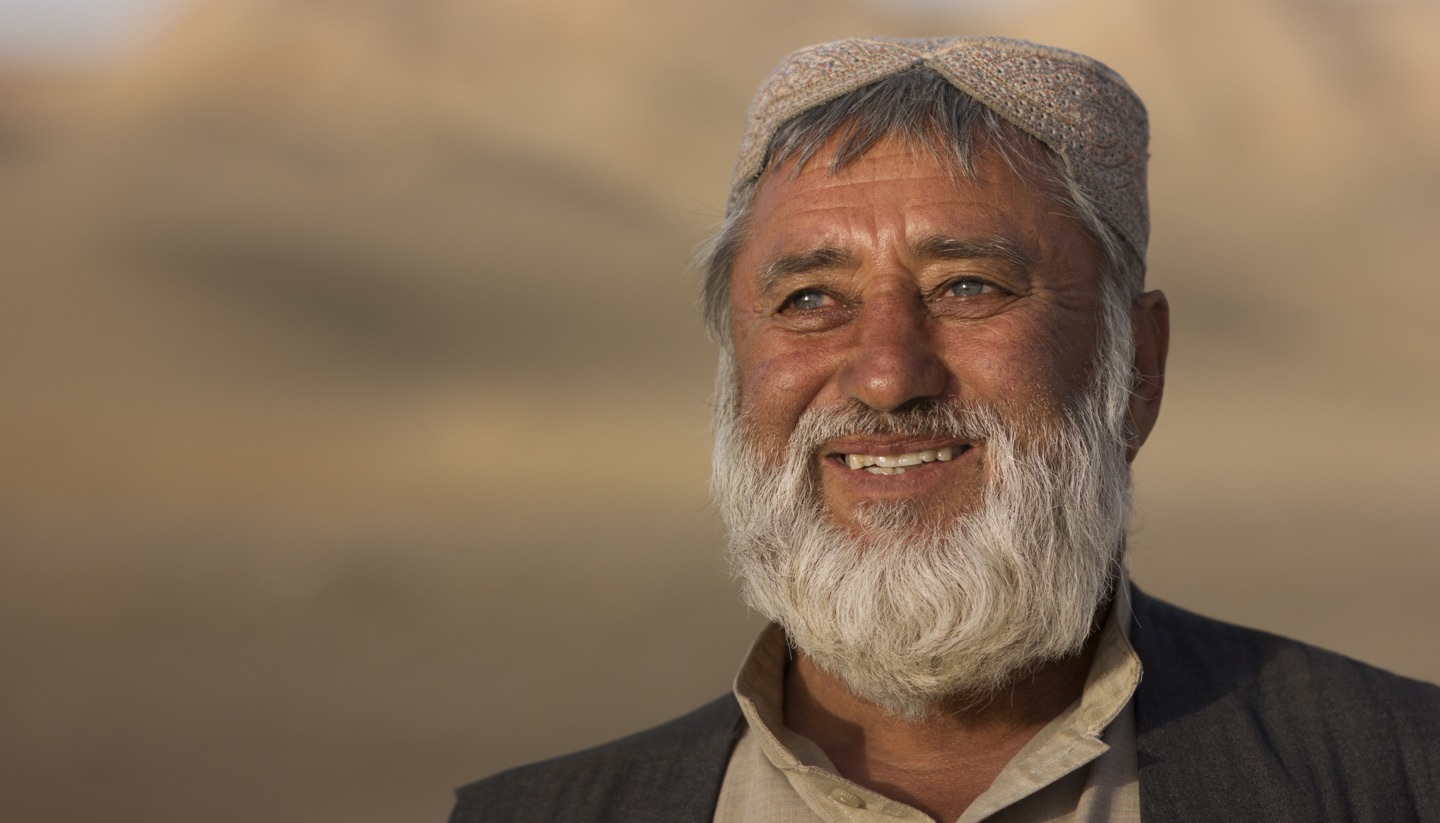Afghanistan History, Language and Culture
History of Afghanistan
Important ancient kingdoms of Afghanistan include the Median and Achaemenid Empires. In the 4th century BC Alexander the Great reached the country, leaving behind a Hellenic legacy that would linger for centuries.
The Kushan Empire from the 1st to the 3rd centuries AD found Afghanistan at perhaps its ancient peak, expanding through India, and Hinduism and Buddhism became prominent in the country. That was until the 7th century, when Islam reached the country. Although Arab armies made inroads into the country, full-scale conquest was difficult due to the resilience of mountain tribes.
Genghis Khan and Timur were successful conquerors, in the 13th and 14th centuries respectively, while Babur, a descendant of Timur, used Kabul as a base to conquer much of India in the 16th century. The Persians also held sway for a time, until in the 18th century an Afghan tribal leader called Ahmad Shah united much of present-day Afghanistan.
For nearly a century starting in 1838, Britain attempted to control Afghanistan, but in 1919, the country declared independence. By the 1950s, the Afghan government was courting economic and military assistance form the Soviet Union. In 1963, a constitutional monarchy was declared, leading to destabilising power struggles, then a republic was declared after a coup by Mohammed Daud. The Soviets, however, had other ideas, and ousted him in what became a proxy struggle of the Cold War.
As the Soviet Union attempted to strengthen the new regime, the US-backed Mujahedeen destabilised the country, leading to the Soviet invasion of 1979. By 1985, half of the country's population was displaced by war. Although a peace treaty was signed in 1988, the 1990s saw the civil war continue.
In 1996, the Taliban seized control of Kabul and much of the country. Then, following 9/11, the US invaded Afghanistan. Elections followed the ousting of the Taliban, but the country remains highly unstable, with whole regions still controlled by warlords. The US has technically withdrawn military forces, but a large number of personnel remain to support the Afghan army and security services.
Did you know?
• Human civilisation in Afghanistan dates at least as far back as 4000 BC.
• The territory has always been an important link between the Middle East and civilisations in India, Central and Eastern Asia, making it the victim of various conquering armies.
• In May 2015, representatives from the Taliban and the Afghan government held informal talks.
Afghanistan Culture
Religion in Afghanistan
Islamic majority with 89% Sunni Muslims, 9% Shi'ite, and Hindu and Sikh minorities.
Social Conventions in Afghanistan
Outside Kabul, Afghanistan is still very much a tribal society. Religion and traditional customs have a strong influence within the family, and there are strict male and female roles in society. It is considered insulting to show the soles of the feet. Women are advised to wear trousers or long skirts and avoid revealing clothing. Homosexuality is illegal, as is alcohol, narcotics and pork products. Handshaking is an acceptable form of greeting, though nose-rubbing and embracing are more traditional. Eye contact between men and women should be avoided.
Photography: Care should be taken when using cameras. Military installations should not be photographed.
Language in Afghanistan
The principal languages are Pashto and Dari Persian. Some English and Russian may also be spoken.


